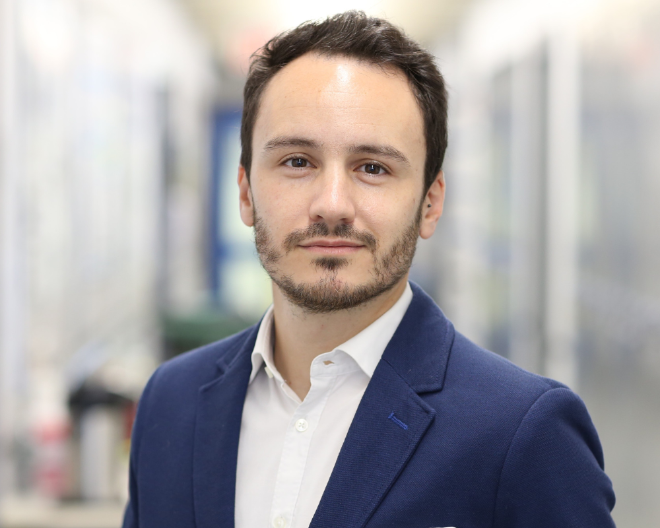Giammarco De Mattia, UniSR student, selected for the prestigious "Roche Continents 2019" in Salzburg
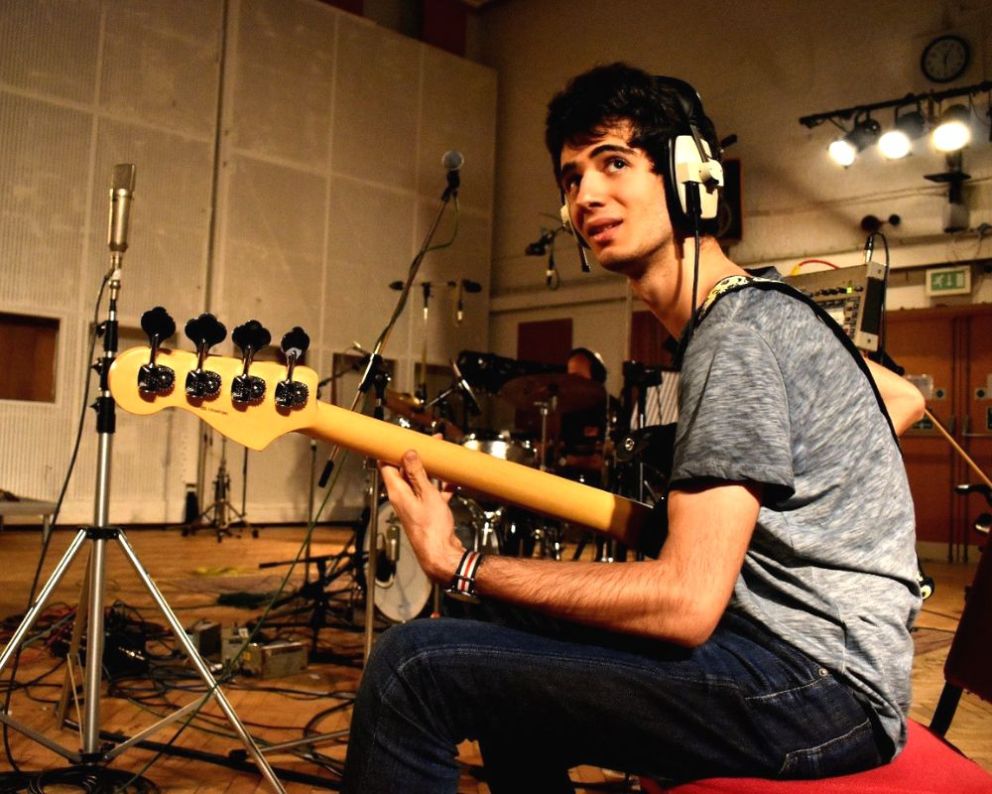
100 students from the most prestigious European universities gathered in Salzburg for one week in August of 2019. Giammarco De Mattia, a 5th year student in our International MD Program (and already among our #TalentiUniSR) was selected from Università Vita-Salute San Raffaele.
Conceived in 2007 by the eminent pharmaceutical company Hoffmann - La Roche, the Roche Continents project grants 100 university students (70 from scientific disciplines and 30 from the artistic sphere) a platform for cross-pollination and the opportunity to discuss intersecting subjects such as science, art and society, with creativity as the common denominator, all framed within the context of the Salzburg Festival. Annually, Roche asks the top tier of European universities to nominate one exceptional student who is particularly deserving due to his or her superlative talent in both scientific and artistic fields. In fact, Giammarco is also a musician, and since 2017 he is the organizer of UniSR IoCiSuono, UniSR’s biannual Music Festival. In addition to this, for the last three years he has participated in a music project coordinated by Lucio Fabbri, violinist of the Premiata Forneria Marconi (PFM), which is the most important band in Italy and ranked as one of the top 100 bands in the world. In June 2019, he recorded an album at the prestigious Abbey Road Recording Studios in London.
The 13th edition of Roche Continents was the most heterogeneous, with 100 students representing 29 different nationalities. The dense program alternated between moments dedicated to science and artistic encounters at various levels.
"I participated in a series of scientific talks that dealt with the way in which genetics and genomics can be used in the pharmaceutical industry: it would be revolutionary to synthesize more effective drugs according to the DNA sequences of patients,” Giammarco recounts. “As for the artistic aspect, attending the premiere of Strauss's "Salome" at the Felsenreitschule, one of the most important venues of the prestigious Salzburg Festival, was a truly extraordinary experience.”
Yet another constructive and enriching experience was the so-called Rotating Dinner, during which participants had the opportunity to engage in dialogue and exchange views with distinguished guests, such as the CEO of Genomics England, various researchers from Roche, and the artistic director of the Salzburg Festival. Characterized by discussions related to art and creativity, research and medicine, the evening provided fertile ground for stimulating the exchange of ideas and the intersection of contrasting realities.
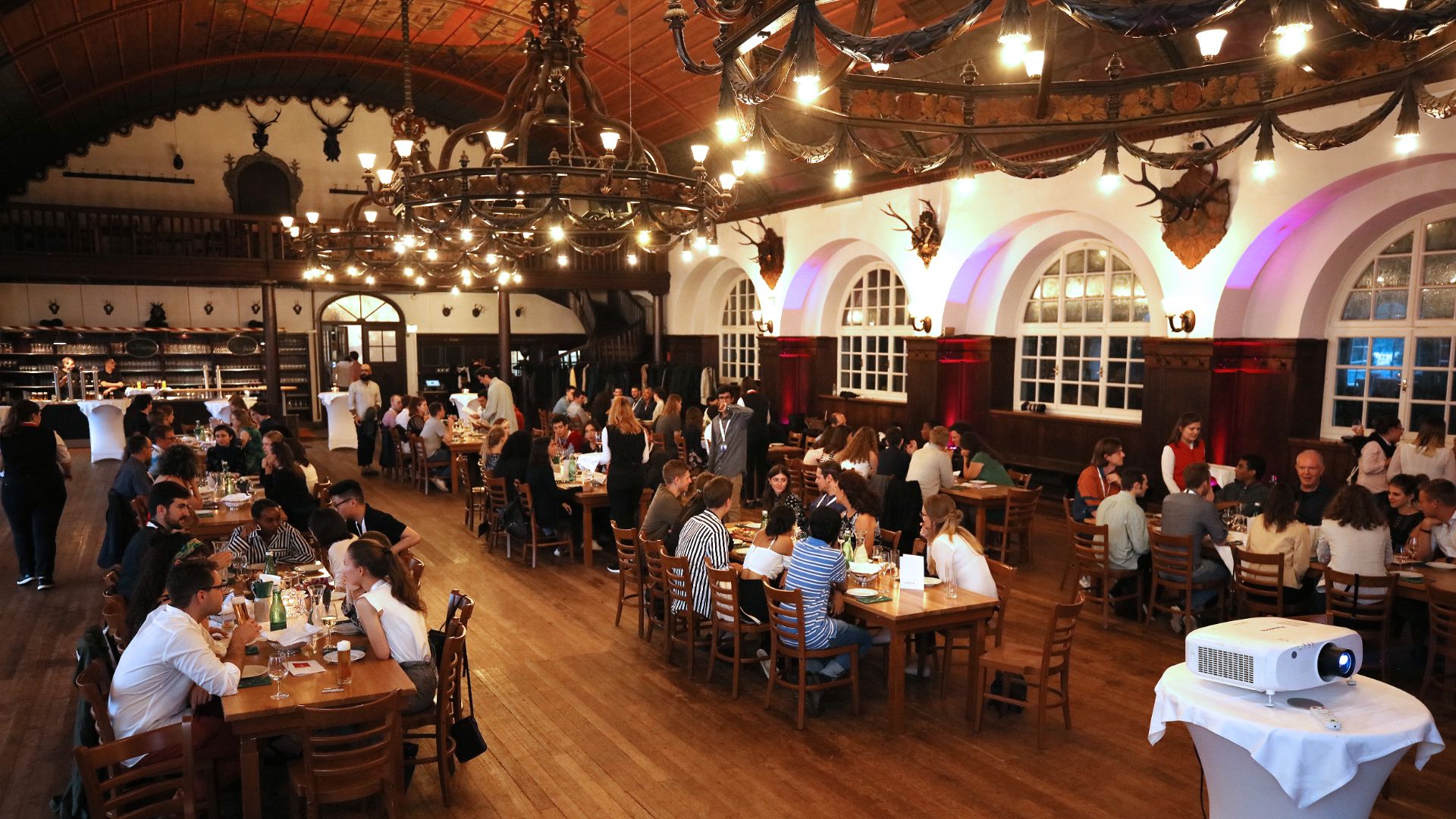
Roche Continents has also been enriching from a personal point of view. Never before have I met so many talented, knowledgeable and enthusiastic people all at once. After having shared this experience, I feel I have established bonds of true friendship and mutual esteem with my colleagues. I remember in particular playing music one evening after the scientific talks, during which time an Israeli colleague - and fellow student of medicine - and I improvised for hours with a jam session that spanned various genres. I have always been passionate about the rock music of the 60s and 70s, and that experience made for an unexpected opening towards oriental musical culture.”
To complete his application to Roche Continents, Giammarco created his own cover of "'39," a song that refers to Einstein's theory of relativity, written and sung by Brian May. "The guitarist of Queen is one of the individuals I am most inspired by - as both an exceptional musician and a doctor of astrophysics, he is an outstanding example of how one can brilliantly combine art and science in one's life.”
Giammarco concludes by addressing future candidates:
“My parents are musicians and I grew up surrounded by music, which I have always continued to cultivate in parallel with my medical studies. The experience of Roche Continents was truly unique because it gave me the opportunity to combine the two aspects that characterize my education and training: both scientific and artistic. If I were to give advice to students interested in participating, I would encourage them to take the initiative without hesitation, as it is a singular experience not to be missed. Finally, I would like to express my profound gratitude to Prof. Michael John, Professor of Clinical Communication in English; Bioethics; and History of Medicine, and also a musician himself, who not only brought my attention to this phenomenal initiative, but also guided and supported me throughout the selection process with enthusiasm and great confidence in me.”
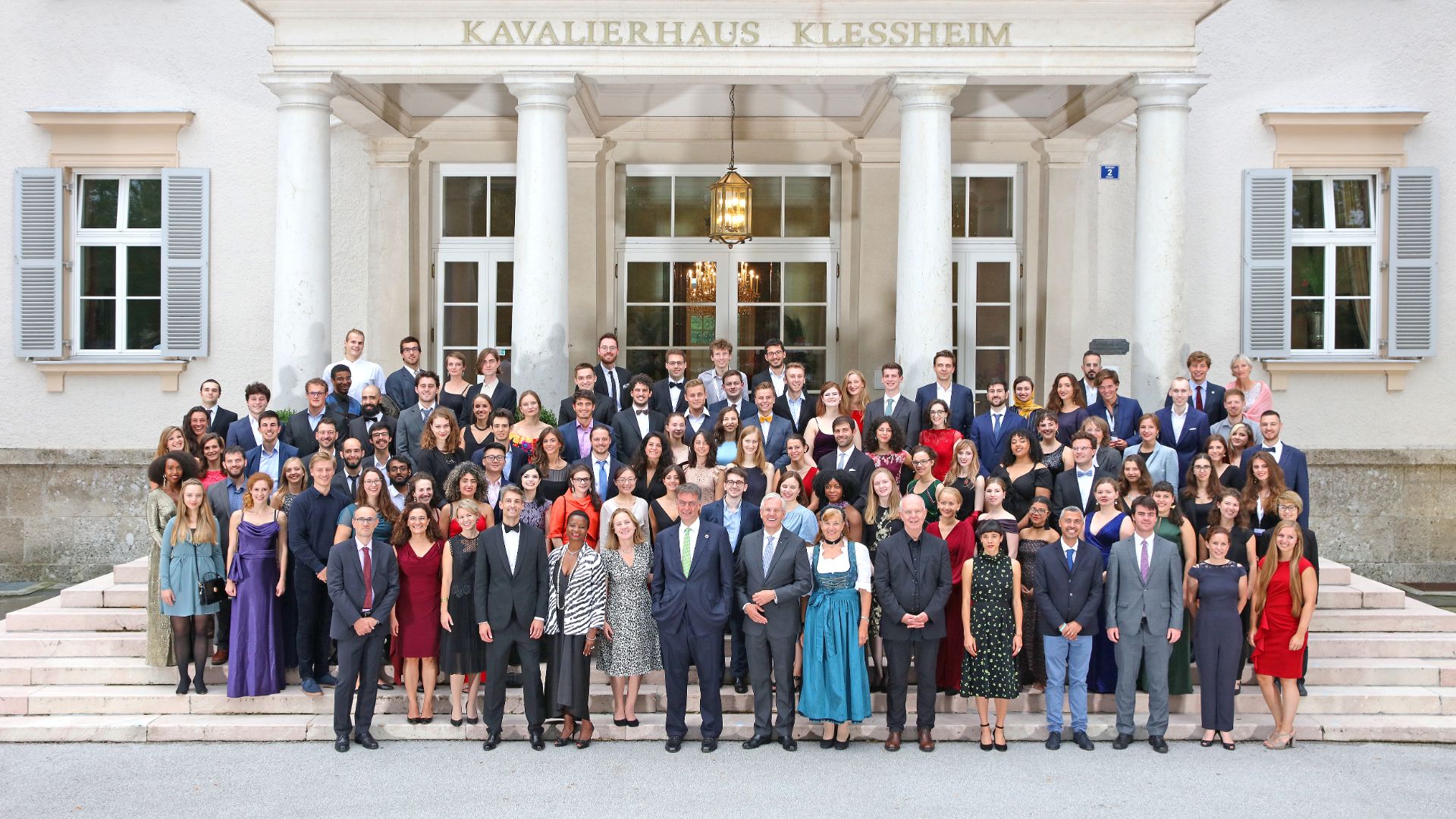
You might be interested in
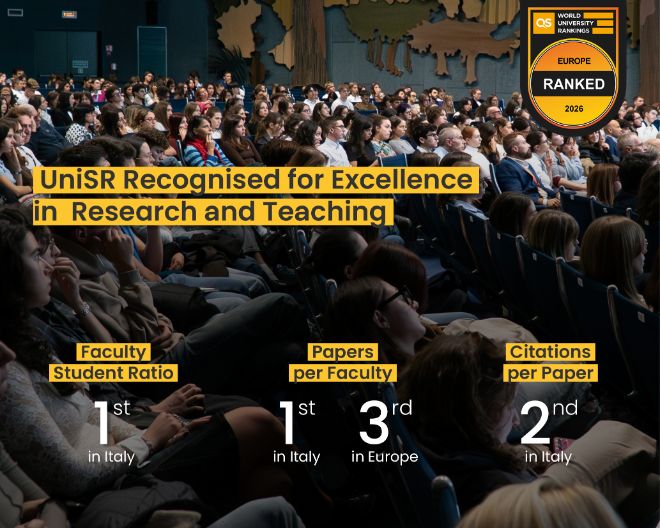
UniSR ranked 1st in Italy for Research and Teaching
/resolutions/res-c660x528/Veschetti_Cariplo_P.-Aeruginosa_UniSR-(1).jpg)
Uncovering the hidden role of bacterial microRNAs in chronic respiratory diseases
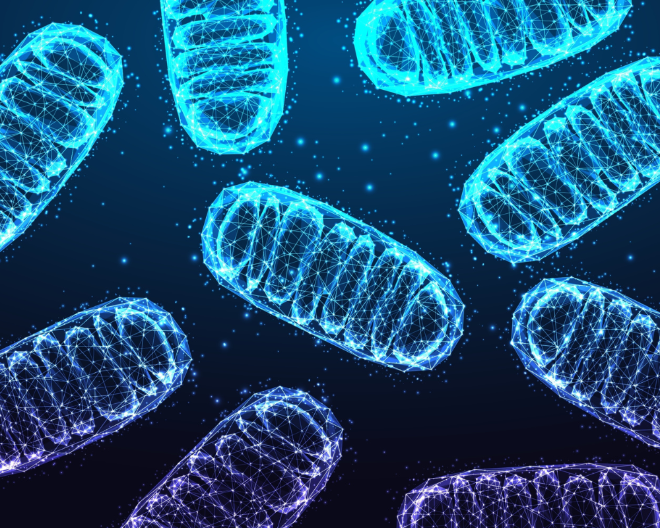
A New Approach to Enhance Immunotherapy in Multiple Myeloma
